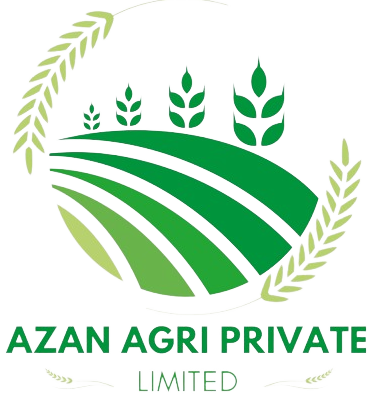Why do we need fertilizers?


Organic and Mineral Fertilizer: Differences and Similarities.
Manures are materials that are applied to soils, or straightforwardly to plants, for their capacity to supply the fundamental supplements required by yields to develop and further develop soil richness. They are utilized to increment crop yield or potentially quality, as well as to support soils’ capacity to help future harvest creation.
Mineral manures are delivered from materials mined from normally happening supplement stores, or from the obsession of nitrogen from the climate into plant-accessible structures. Mineral manures by and large contain high centralizations of a solitary, or a few, plant supplements.
Natural composts are gotten from plant matter, creature excreta, sewage and food squander, for the most part as creature fertilizer, green compost and biosolids. Natural composts give fundamental supplements required by crops, by and large containing a wide assortment in low fixations. They likewise assume a significant part in further developing soil wellbeing.
Organo-mineral manures join dried natural and mineral composts to give adjusted supplements along soil wellbeing upgrades in a dependable, simple totransport and store structure.
Mineral Fertilizers: Providing Precise, Plant Ready Nutrients When Needed.
By offering concentrated, consistent, precise, accessible, easily transportable, and storable nutrients, mineral fertilizers have a variety of beneficial properties that organic fertilizers alone cannot supply.

Organic and Mineral Fertilizer Differences and Similarities
Manures are materials that are applied to soils, or straightforwardly to plants, for their capacity to supply the fundamental supplements required by yields to develop and further develop soil richness. They are utilized to increment crop yield or potentially quality, as well as to support soils’ capacity to help future harvest creation.
Mineral manures are delivered from materials mined from normally happening supplement stores, or from the obsession of nitrogen from the climate into plant-accessible structures. Mineral manures by and large contain high centralizations of a solitary, or a few, plant supplements.
Natural composts are gotten from plant matter, creature excreta, sewage and food squander, for the most part as creature fertilizer, green compost and biosolids. Natural composts give fundamental supplements required by crops, by and large containing a wide assortment in low fixations. They likewise assume a significant part in further developing soil wellbeing.
Organo-mineral manures join dried natural and mineral composts to give adjusted supplements along soil wellbeing upgrades in a dependable, simple totransport and store structure.





Common Questions
Most Popular Questions
We produce a wide range of fertilizers, including nitrogen-based, phosphorus-based, and potassium-based products, as well as specialty blends tailored to specific crop and soil needs.
We recommend soil testing to determine nutrient deficiencies and crop requirements. Our experts can help you choose the most suitable product based on the results.
Yes, we offer fertilizers compliant with both conventional and organic farming standards, providing options for various farming methods.
We adhere to strict quality control measures, rigorous testing, and compliance with industry standards to ensure the safety and quality of our fertilizers.
Our team offers expert guidance on application methods, timing, and dosage to maximize effectiveness and minimize waste.
Yes, we offer environmentally friendly and sustainable fertilizer solutions designed to reduce environmental impact and enhance soil health.
The shelf life varies by product, but we provide clear instructions for proper storage and handling on our product labels.
Our products are generally compatible with common pesticides and herbicides, but we recommend consulting with our experts to ensure compatibility and application safety.
We employ responsible manufacturing practices, use resource-efficient methods, and develop products that reduce the environmental footprint of fertilizers.
Yes, we provide educational resources, expert advice, and training programs to help customers make informed decisions and optimize their fertilizer use for increased crop yields and sustainability.
